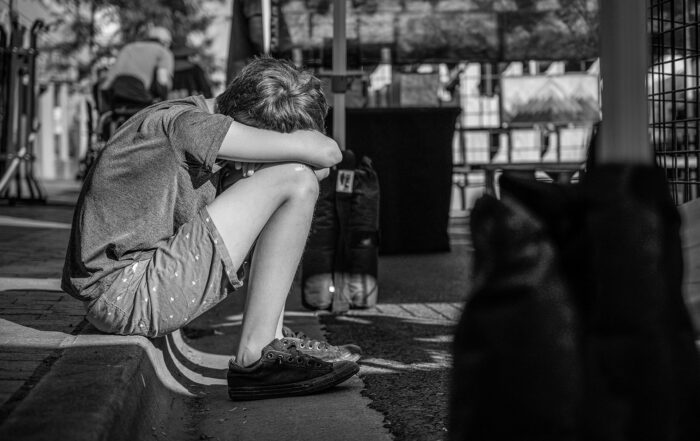
By Christopher Menschner and Alexandra Maul, Center for Health Care Strategies
Because of the potentially long-lasting negative impact of trauma on physical and mental health, ways to address patients’ history of trauma are drawing the attention of health care policymakers and providers across the country. Patients who have experienced trauma can benefit from emerging best practices in trauma-informed care. These practices involve both organizational and clinical changes that have the potential to improve patient engagement, health outcomes, and provider and staff wellness, and decrease unnecessary utilization. This brief draws on interviews with national experts on trauma-informed care to create a framework for organizational and clinical changes that can be practically implemented across the health care sector to address trauma. It also highlights payment, policy, and educational opportunities to acknowledge trauma’s impact.
Share This Post!
Child abuse and eating disorder symptoms: Shedding light on the contribution of identification with the aggressor
Source: ScienceDirect Childhood abuse has been increasingly recognized as a risk factor for eating disorder symptoms. Additionally, it has been demonstrated that childhood abuse may lead to identification with the aggressor, an automatic [...]
Can the positive buffer the negative? Testing the impact of protective childhood experiences on adjustment in adults following trauma exposure
Source: National Library of Medicine It is unclear if protective childhood experiences (PCEs), like emotional support and economic stability, exert influence on adulthood adjustment. Prior research suggests PCEs can promote childhood resilience through [...]
Complex Trauma Effects
Source: The National Child Traumatic Stress Network (NCTSN) Children whose families and homes do not provide consistent safety, comfort, and protection may develop ways of coping that allow them to survive and function [...]
Trauma-Informed Organizations
Source: The National Child Traumatic Stress Network (NCTSN) Part 2 provides a broad overview of how to create and implement an institutional framework for trauma-informed services in program delivery and staff development, policies [...]
Early childhood trauma and its long-term impact on cognitive and emotional development
Source: National Library of Medicine Childhood trauma has profound, long-term effects on cognitive and emotional development. This systematic review and meta-analysis sought to synthesis the evidence around the long-term impact of [...]
Helping children who have or are experiencing trauma this holiday season
For many, the holiday season is a joyful one – the popular song “Have a Holly, Jolly Christmas” comes to mind – but for children who have or are experiencing trauma, Christmas, [...]







